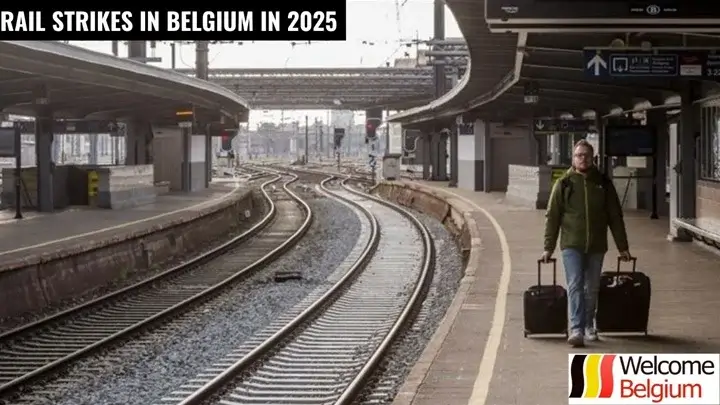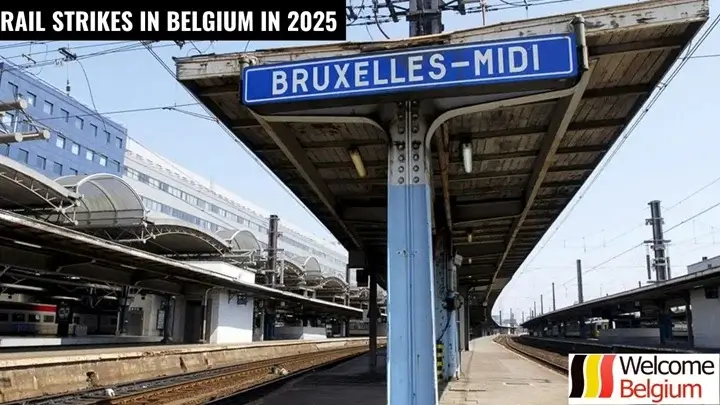Belgian railway unions have announced a two-day strike on 12 and 13 January 2025. The decision comes in response to ongoing disputes with the authorities over working conditions and funding in the rail sector. Passengers are advised to plan their journeys in advance, as disruptions and cancellations are inevitable. The strike raises questions about the state of public transport and the impact of such actions on citizens.
Reasons for the strike
The conflict between railway unions and the Belgian authorities escalated in late 2024. Workers in the sector are dissatisfied with budget cuts, worsening working conditions and insufficient attention to safety in the workplace. Negotiations between the parties failed to reach a compromise, which led to the announcement of a strike. This situation highlights the urgent need for a solution to ensure the stable functioning of the railway system.
List of reasons:
- Cuts in funding to the rail industry have resulted in staff cuts and poor infrastructure maintenance.
- Lack of investment in employee and passenger safety.
- Deterioration of working conditions, including increased working hours and reduced wages.
- Lack of dialogue between trade unions and company management.
- Redirection of funds to other projects, which caused dissatisfaction among employees.
The situation remains tense at the moment. Railway unions continue to insist on a review of working conditions and increased funding for the sector. Government representatives have declared their readiness for negotiations, but no concrete steps have been proposed yet. The strike will be an important moment in resolving this conflict, and many expect that it will push the parties to seek a compromise.
How the strike will affect passengers and the transport network
The conflict between railway unions and the Belgian authorities has flared up over issues of funding and overwork. Rail workers have long been demanding better working conditions, which has led to the announcement of a strike for 12 and 13 January 2025. The action will affect passengers across the country, causing disruptions to timetables and significant inconvenience to transport users.
Possible impact:
- Reduction in the number of trains on key routes.
- Complete cancellation of some flights, especially during peak hours.
- Restrictions on international routes including Thalys and Eurostar.
- Overloading of alternative modes of transport such as buses and taxis.
- Increased waiting times at train stations.
- Risk of delays and disruptions in cargo delivery.
The strike may have subtle consequences, such as increased congestion on the roads and higher prices for taxis and car rentals. For many companies, this will pose a challenge in providing workers with the means to get to work. At the same time, union actions raise important questions about the need to modernize and increase funding for the rail sector. Such events inevitably draw attention to the current problems of the system.
Is it possible to resolve the conflict?
In order to resolve the conflict between the railway unions and the Belgian authorities, negotiations are being held with the participation of representatives of the Ministry of Transport, heads of railway companies and trade unions. The authorities are trying to find a compromise, offering additional funds to improve working conditions and reduce the workload of employees. However, the negotiations are facing difficulties in finding financial solutions that would suit both parties.
In addition, deeper reforms are needed to modernize the infrastructure and optimize the work process. It is important to improve working conditions not only for railway workers, but also for other workers in the sector. One option may be to review the wage structure and increase human resources, which will reduce the workload and increase worker satisfaction.





